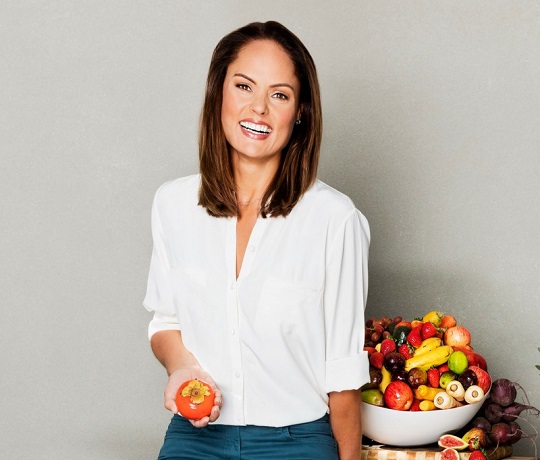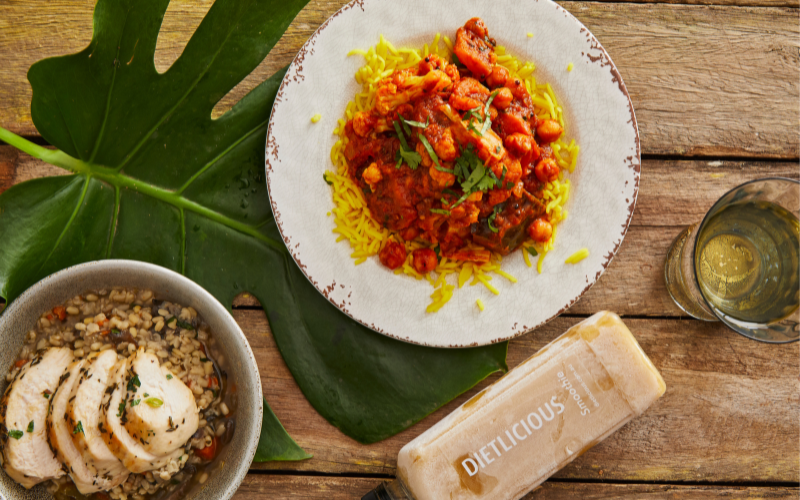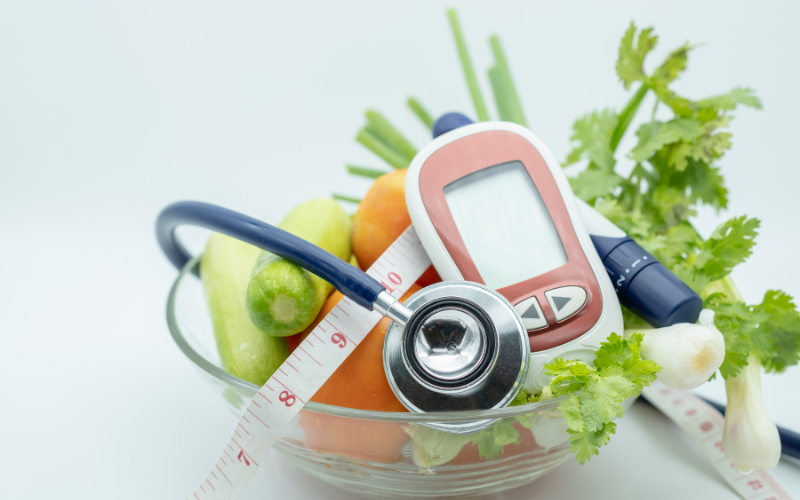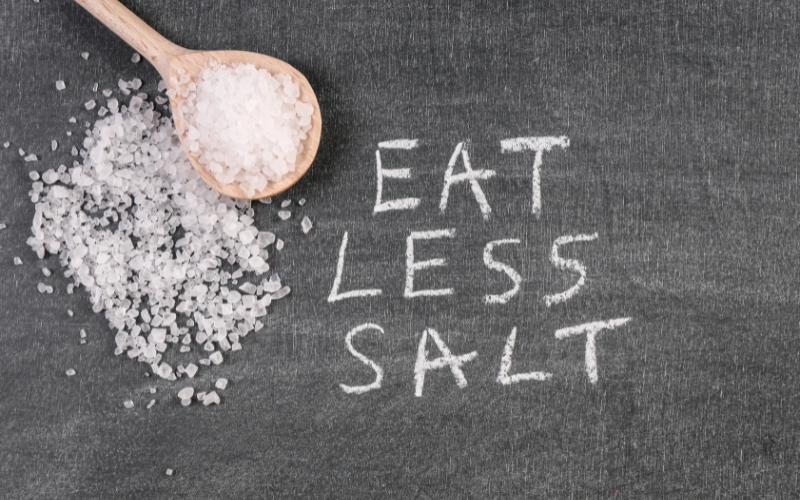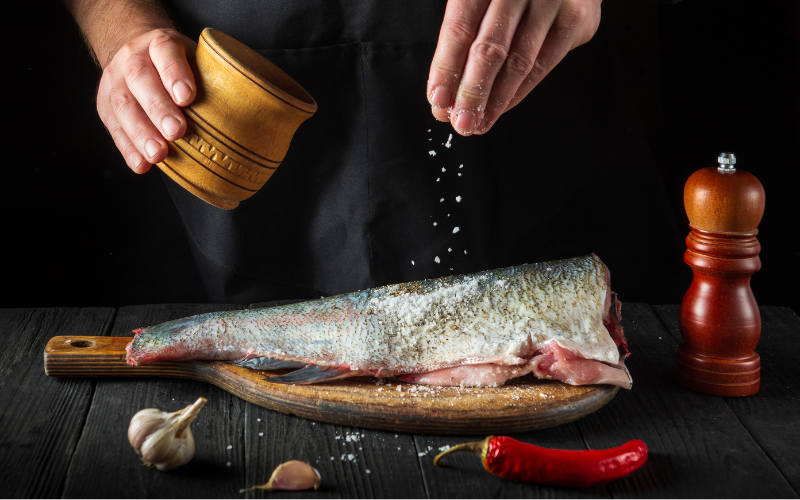Cold War - Fresh vs Frozen Food
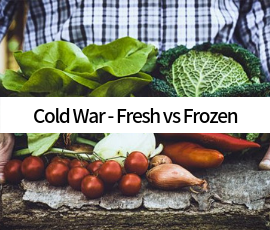
Did you know that fresh produce begins to deteriorate and lose its nutritional value from the moment it’s harvested? Take spinach for example – a Science Direct study showed that after just one day in the fridge, 29% of its Vitamin C content was lost and after 7 days the losses had grown to a whopping 94%!
Let’s stop for a moment to ponder what may be happening to those wilting veges sitting in your chiller right now. Perhaps we shouldn’t mention how long those items have already been in storage between the farm, the processing plant, the distribution centre and your supermarket shelf… are there any nutrients left at all?
Capture more nutrients with nature’s best preservative
In the fresh vs frozen food debate, studies have shown time and again that the common perception that fresh food has significantly greater nutritional value than its frozen counterpart is not supported.
In a frozen vegetables vs fresh study researchers set out to mimic the typical consumer patterns of purchasing and storage and compared key nutrients in fresh, fresh-stored (5 days of refrigeration) and frozen produce. They found that frozen produce outperformed fresh-stored more frequently than fresh-stored outperformed frozen.
Is fresh really fresh anyway?
Have you heard our competitors sprouting the benefits of fresh delivered meals over frozen? Have you considered what they have to do to that supposedly “fresh” food to make it edible for you several days after they ship it?
Some of them are using a lot of preservatives. While we’re sprinkling fresh herbs and spices on our meals to provide flavour, they’re adding a dash of preservatives and a splash of E numbers.
What about gas flushing or MAP, are you across that one? It’s a process by which air is flushed out of the packaging and replaced by a mixture of gases such as nitrogen, carbon dioxide, argon or helium. The aim is to eliminate the oxygen around the food to increase the shelf life and maintain appearance. If you think this manufacturing trick is providing you with fresh, natural food, think again.
Just as nature intended
We love fresh food and that’s why we cook our meals daily and then snap-freeze them to lock in the nutrients and goodness so that the quality is maintained, right to your door (and for many more months in your freezer). We are firmly opposed to fresh ingredients being treated with any chemicals, preservatives, additives or gases to artificially extend their shelf life. Our food comes to you as nature intended, no tampering. From our kitchen to yours, with love.


